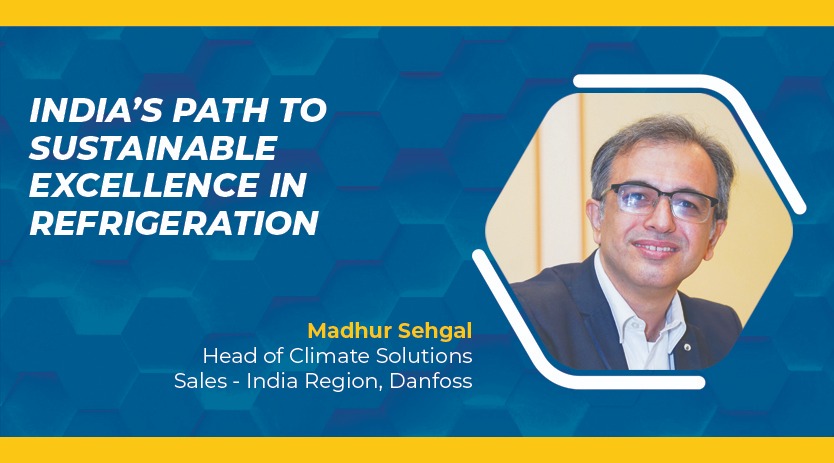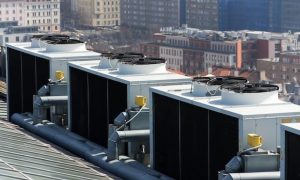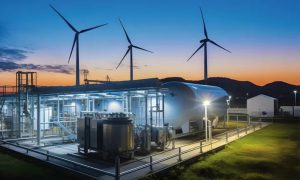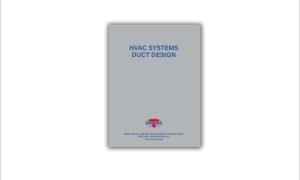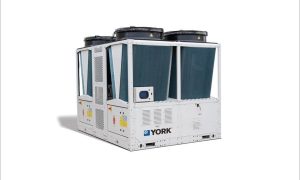The refrigeration industry faces the urgent challenge of reducing its environmental impact in an era where sustainability is paramount. Madhur Sehgal, Head of Climate Solutions Sales – India Region, Danfoss, talks about technological advancements driving sustainability and reshaping the industry towards a greener future.
In an era where sustainability has become paramount, the refrigeration industry confronts the challenge of minimising its ecological footprint. As the worldwide need for cold storage and refrigeration continues to rise, the adoption of groundbreaking solutions becomes vital in establishing novel benchmarks for sustainability. Unprecedented technological progress is reshaping the refrigeration industry, propelling it towards a greener and more sustainable tomorrow.
The Urgency for Sustainable Refrigeration:
According to recent industry data, refrigeration and air conditioning are responsible for an alarming 15% of global energy consumption. Moreover, the conventional refrigerants employed in these systems, such as hydrofluorocarbons (HFCs), substantially impact global warming, exacerbating the environmental challenge. These circumstances demand immediate attention to tackle the sustainability concerns prevailing in the refrigeration industry.
Innovative Solutions Driving Sustainability:
Low-GWP Refrigerants: Manufacturers and researchers are leading in advancing the creation and adoption of low-global warming potential (GWP) refrigerants that pose minimal environmental harm. These groundbreaking refrigerants, including R32 and R290, demonstrate substantially lower GWPs than conventional alternatives. Notably, a collaboration between Danfoss and IISc has resulted in a memorandum of understanding (MoU) to establish a dedicated research and training centre to drive the widespread use of natural or low-GWP refrigerants.
Energy-Efficient Systems: At the core of sustainable refrigeration methods lies the emphasis on energy efficiency. The introduction of state-of-the-art technologies is revolutionising the field, aimed at optimising energy usage and mitigating the carbon footprint associated with refrigeration systems. Variable frequency drives (VFDs) and electronic expansion valves (EEVs) are innovative solutions that enable accurate temperature regulation while minimising energy waste, championing the cause of efficient and environmentally-friendly refrigeration practices.
Cold Chain Optimisation: Effective management of the cold chain plays a pivotal role in combating food waste and guaranteeing the safety of consumables. Advanced control systems have been extensively refined to monitor and enhance the cold chain, encompassing production, transportation, storage, and retail operations. These intelligent solutions ensure ideal temperatures, minimise energy usage, prolong the shelf life of perishable items, reduce food spoilage, and optimise resource utilisation. Enhanced cold chain management brings benefits beyond environmental preservation, bolstering food security and minimising economic losses for businesses.
Waste Heat Recovery: A groundbreaking method for conserving energy involves tapping into the waste heat generated by refrigeration systems and utilising it for diverse purposes. By effectively harnessing this otherwise unused energy, the industry can significantly lower energy consumption and enhance the overall efficiency of the systems. Waste heat recovery technologies can be seamlessly incorporated into refrigeration systems to provide heat for additional processes like water or space heating. This integration demonstrates a dedication to resourcefulness and sustainable practices, further diminishing the reliance on fossil fuels.
Internet of Things (IoT) Integration: The advent of IoT (Internet of Things) has brought about a transformative shift in refrigeration systems. IoT technologies empower real-time monitoring, control, and optimisation of refrigeration systems. Through data collection and analysis, organisations can pinpoint inefficiencies, anticipate maintenance requirements, and optimise energy usage. This interconnectedness enables remote diagnostics, preventive maintenance, and peak performance, leading to heightened energy efficiency, minimised downtime, and enhanced system reliability.
The Impact of Technological Advancements:
In addition to the environmental advantages, these technological breakthroughs are propelling economic expansion. The rising need for energy-efficient and sustainable refrigeration solutions has stimulated job opportunities and domestic industries’ development. This advancement aligns with the vision of fostering green and sustainable technologies, cascading positive effects through initiatives like the “Make in India” campaign.
The remarkable progress in low-GWP refrigerants, energy-efficient systems, cold chain optimisation, waste heat recovery, and IoT integration propels the refrigeration industry towards sustainability and higher benchmarks. Embracing these solutions allows businesses to diminish their ecological footprint, achieve cost efficiencies, bolster food security, and contribute to a more environmentally conscious future. Striving together to pursue a refrigeration industry where sustainability and responsible practices reign will have a lasting positive impact on our planet and future generations.
Authored by: Madhur Sehgal, Head of Climate Solutions Sales – India Region, Danfoss.
Cookie Consent
We use cookies to personalize your experience. By continuing to visit this website you agree to our Terms & Conditions, Privacy Policy and Cookie Policy.

